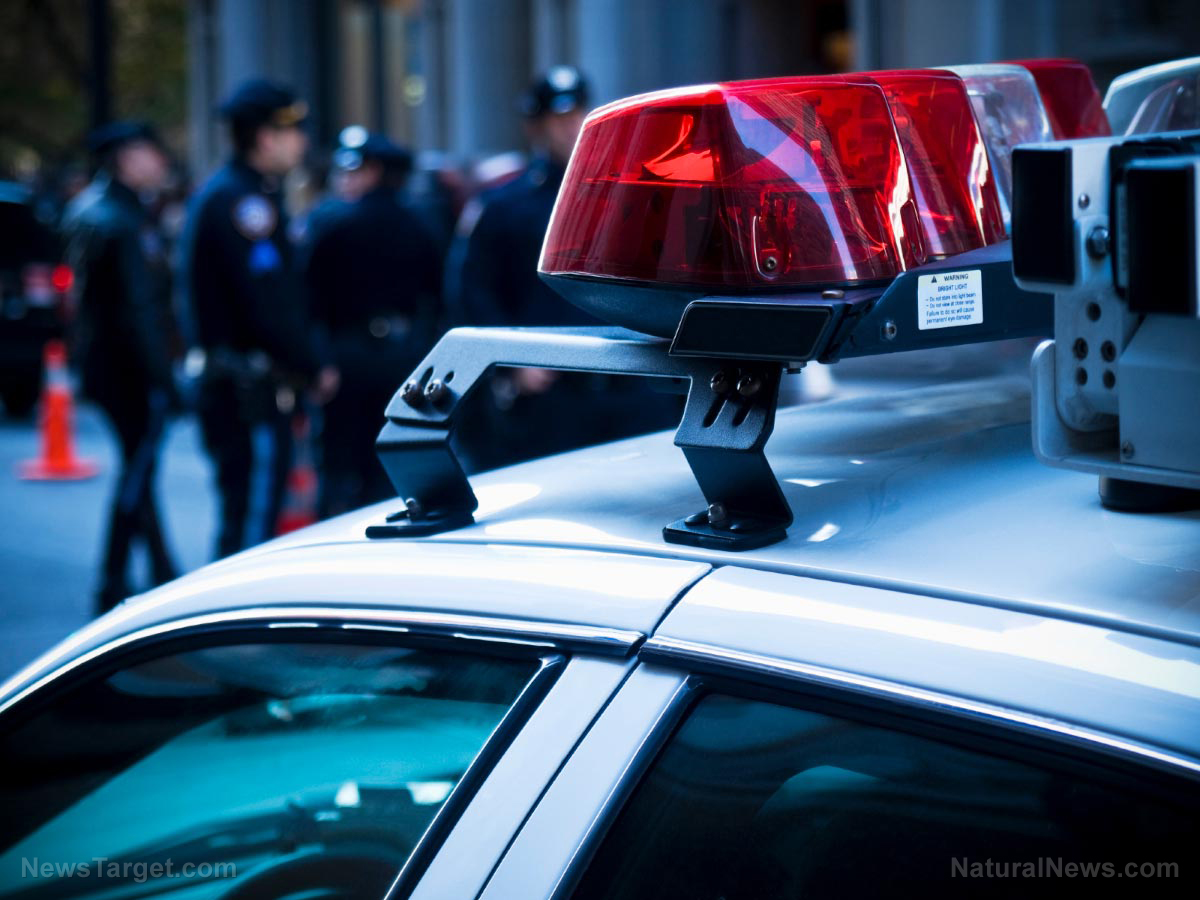
Advertisement
For eight long years, police officers around the country suffered through one indignity after another under President Obama and his cop-hating Justice Department.
The disrespect began within weeks of Obama taking office, when he took the side of a black friend and colleague, Harvard professor Henry Louis Gates, over the word of a white police sergeant. It was the first time, as president, that Obama played the race card.
“I don’t know – not having been there and not seeing all the facts – what role race played in that, but I think it’s fair to say, number one, any of us would be pretty angry; number two that the Cambridge police acted stupidly in arresting somebody when there was already proof that they were in their own home,” Obama pontificated.
As if that weren’t bad enough, Obama added this unsubstantiated claim: “Separate and apart from this incident is that there’s a long history in this country of African-American and Latinos being stopped by law enforcement disproportionately. That’s just a fact.”
From there it only got worse. By the time Obama left office, he had — through his attorneys general Eric Holder and Loretta Lynch — implemented policies that amounted to a federal takeover of local police departments, and all based on the manufactured premise that ‘local cops’ were inherently biased/bigoted/racists. (Related: Has “ethical policing” become an oxymoron? Maybe it’s time to hit the reset button with these 9 principles from the 1800s.)
Worse, 90 percent of American police officers didn’t even feel safe.

Now, however, there’s a new president living at 1600 Pennsylvania Ave., and he’s made it plain that he is an ally of the men and women who form the thin blue line: Donald J. Trump.
As reported by the Washington Times:
Top law enforcement leaders say they have had no bigger advocate this year than President Trump, and they are hopeful he has set the stage for fewer dangerous confrontations between officers and the public, better-equipped departments and, ultimately, reductions in crime.
Indeed, the paper noted, “early signs” are very positive. For one, officer deaths are down this year, which includes fatal shootings of cops. Also, early reports from major cities point to reductions in crime increases that have been reported in the past two years.
While police officials say they are still concerned about how to handle the ongoing opioid epidemic and how to balance the administration’s policies of universal enforcement of federal immigration statutes without alienating immigrant communities, they are hopeful that a Trump presidency overall will be good for local law enforcement.
Even as he has offered some criticism for federal law enforcement and some within the intelligence community, Trump has generally praised the work of local police, and they have noticed. The morale boost was much needed and appreciated.
“Arguably the most significant thing a president can do is use the bully pulpit to reflect his support for law enforcement,” National Fraternal Order of Police Executive Director Jim Pasco told the Times.
“To this point in his presidency, he has certainly gone out of his way to do that. That resonates within the profession, and it’s received very favorably,” he added.
Police officials say one of the biggest positives so far is Trump Attorney General Jeff Sessions’ ending of the Obama-era policy of federalizing local police through court-approved consent decrees, which were used to politicize local police policies and bring them more in line with Obama’s Left-wing views.
“We were frustrated toward the end of the Obama administration with the Justice Department and some of their decisions with regard to consent decrees and how they were dealing with individual police departments they are reviewing or investigating,” Chief Tom Manger, head of the Montgomery County Police Department in Maryland and president of the Major Cities Chiefs Association, told the Times.
He added there was still some federal oversight, but it is far less combative.
There are many things that Trump still must address as he continues to undo the damage Barack Hussein Obama did to our country. But as his improved relationship with America’s police officers demonstrates, he is making good progress already.
J.D. Heyes is also editor-in-chief of The National Sentinel.
Sources include:
Submit a correction >>
This article may contain statements that reflect the opinion of the author
Advertisement
Advertisements















